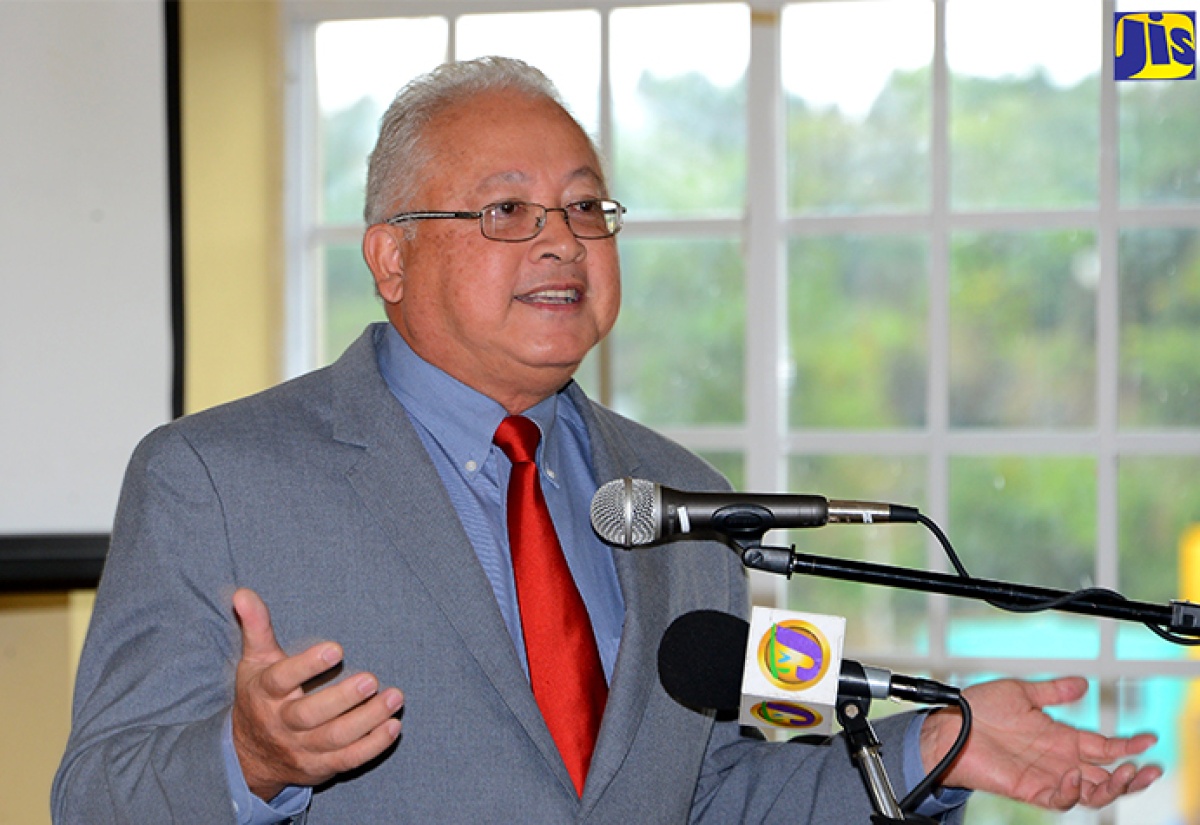Lay Magistrates Urged to Study ZOSO Act
By: , September 19, 2017The Key Point:
The Facts
- The Minister also explained that the call for the entire island to be declared a ZOSO is not possible, as the law states clearly that “The entire island shall not be declared as a Zone”.
- He reminded them that if the police fail to release the individual, when that is reported to the Joint Commander or Custos, and it reaches the National Security Council, the policeman or woman who failed to follow the lay magistrate’s judgement, could be on the receiving end of disciplinary action.
The Full Story
Lay Magistrates in Manchester and St. Elizabeth have been urged to study the Law Reform (Zones of Special Operations) (Special Security and Community Development Measures) Act, by Justice Minister, Hon. Delroy Chuck.
Addressing the lay magistrates at a sensitisation session at the Golf View Hotel in Mandeville, Manchester, on September 15, the Minister said knowing the law is significant, as the justices of the peace (JPs) have a very important role to play in the Zones of Special Operations (ZOSOs).
The Minister also explained that the call for the entire island to be declared a ZOSO is not possible, as the law states clearly that “The entire island shall not be declared as a Zone”.
Mount Salem in St. James was the first ZOSO to be declared on September 1 by the Prime Minister, the Most Hon. Andrew Holness, on the advice of the Commissioner of Police and the Chief of Defence Staff.
The Minister also quoted sections of the Act concerning the rights of detainees, including the right to see family members, a doctor, attorney, or even a member of parliament, if they so desire.
“We have put in the Act special provisions to protect the rights and freedoms of the Jamaican people. You will be the first person called upon to make an adjudication in a Zone when a person is detained. If you feel that reasonable grounds don’t exist, then the police must release the person,” Mr. Chuck told the JPs.
He reminded them that if the police fail to release the individual, when that is reported to the Joint Commander or Custos, and it reaches the National Security Council, the policeman or woman who failed to follow the lay magistrate’s judgement, could be on the receiving end of disciplinary action.
For her part, Public Defender, Arlene Harrison Henry, told the lay magistrates that there is no substitute for their own knowledge of the law.
She used her presentation to stress two of the very important points in the Act, copies of which were handed out to the participants. They were also explained in detail by the Director/Principal, Justice Training Institute, Karen Campbell-Bascoe.
They are “A female can only be searched by another female”, and “There is no mandatory provision in the law for every citizen in a Zone to walk around with a passport, a national identification or a driver’s licence”.
“What the law says is that a member of the joint force may require a person within a Zone who is unknown to them to disclose his/her full correct name, including any aliases, in a situation where the member of the joint force has reasonable cause to suspect that that person is in the course of committing, has committed or is about to commit an offence or can assist in the investigation of an offence,” Mrs. Harrison Henry noted.
The Public Defender described the ZOSO Act as a tool to add to the resources available to the police and soldiers in curbing and bringing crime under control. She said that JPs who carry out duties as lay magistrates, and who had the knowledge, experience and training of exercising summary jurisdiction in a parish court, would be engaged to assist.
“The reason for that seems obvious, because you are already trained in those areas,” Mrs. Harrison Henry told the JPs.
“As lay magistrates operating in a Zone, you are the first level of judicial protection that is offered to the citizen, resident or visitor in a Zone. Equally, you are… the first buffer of protection between the citizen and the security forces, so you are… required to be completely neutral and independent,” she said.
Following their presentations, both the Minister and Public Defender fielded questions from the lay magistrates.


